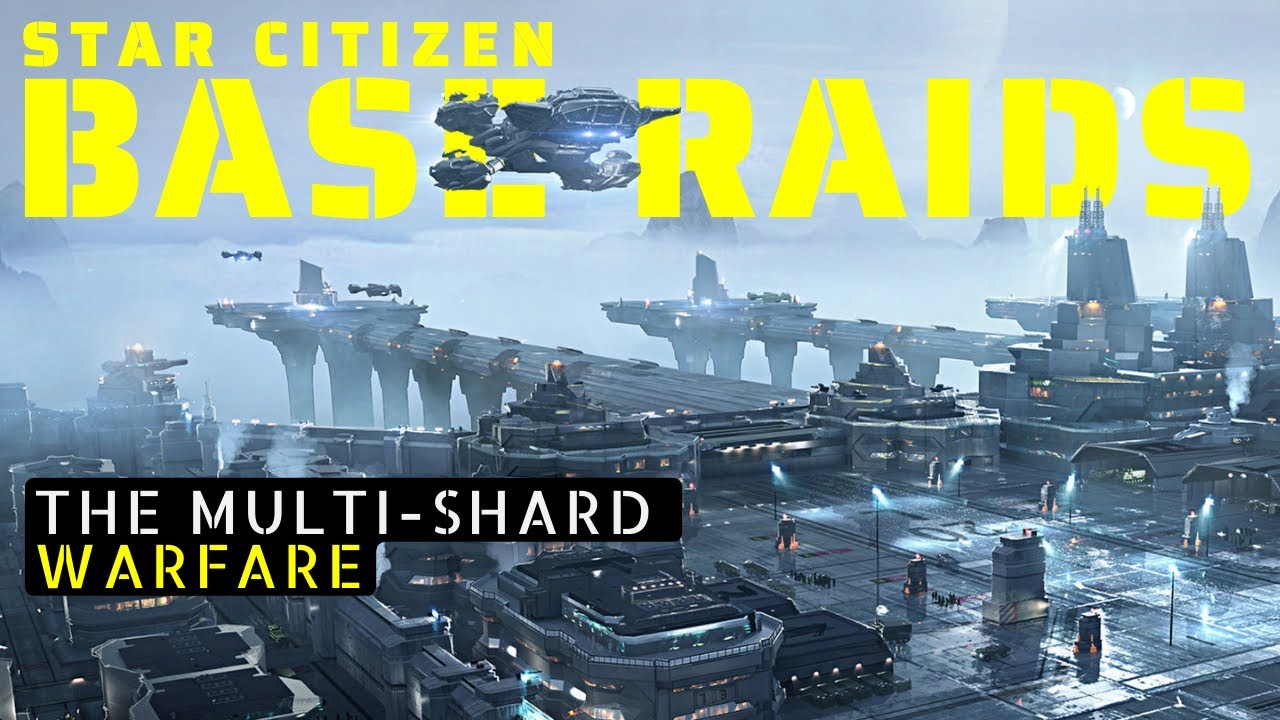Star Citizen’s new shard-based base raid system prevents offline raiding by linking base vulnerability to the owner’s active server, adding strategic depth as players must manage their online presence and server selection. While this innovation enhances PvP and economic dynamics across regions, it also introduces potential exploits and complexity that may favor wealthy players and large organizations.
Star Citizen has unveiled a groundbreaking approach to base raids that challenges long-standing MMO PvP conventions. Instead of bases existing on a single server, land claims are replicated identically across multiple regional shards—Europe, North America, and Asia. However, raids can only occur on the shard where the base owner is currently logged in, effectively eliminating offline raiding. This means that if a player is offline, their base is invulnerable, preventing the frustrating experience common in other survival games where bases can be destroyed while players are away.
This shard-based system introduces a new layer of strategic depth to PvP and organizational warfare. Players must now consider not only defending their base but also managing which shard they are active on, as their online presence determines vulnerability. While this prevents offline raids, it opens the door for players to exploit server selection by staying on low-population shards to avoid conflict. This dynamic shifts the focus from purely tactical combat to also mastering server infrastructure and population control.
Combat logistics become significantly more complex with the shard transfer mechanic. When attacking a base, players are transferred to the shard where the base owner is present. This can lead to chaotic scenarios where attackers arrive on servers with different conditions, player populations, or even face capacity limits that restrict their numbers. Additionally, large organizations might exploit this by filling servers to capacity, effectively blocking attackers from transferring in and making their bases untouchable, a potential loophole not yet addressed by the developers.
Economically, this system allows for unprecedented cross-shard operations. Bases will share inventories across shards, enabling commercial activities like shops to serve customers on multiple servers simultaneously, while combat remains isolated to a single shard. This creates opportunities for players and organizations to establish multi-regional empires, controlling resource extraction, manufacturing, and retail in different parts of the universe. However, this advantage may skew heavily in favor of wealthy players who can afford multiple bases across regions, potentially creating imbalance.
Community reactions are mixed, with some praising the innovation for solving offline raiding and adding strategic complexity, while others worry about overcomplication and potential exploits. Success in this system will depend on execution and player adaptability. Choosing the right region, coordinating shard anchors within organizations, and understanding server population patterns will be crucial. Ultimately, Star Citizen’s shard-based base raid system transforms endgame warfare into a multifaceted contest of strategy, timing, and server politics, demanding players think beyond traditional MMO combat paradigms.
